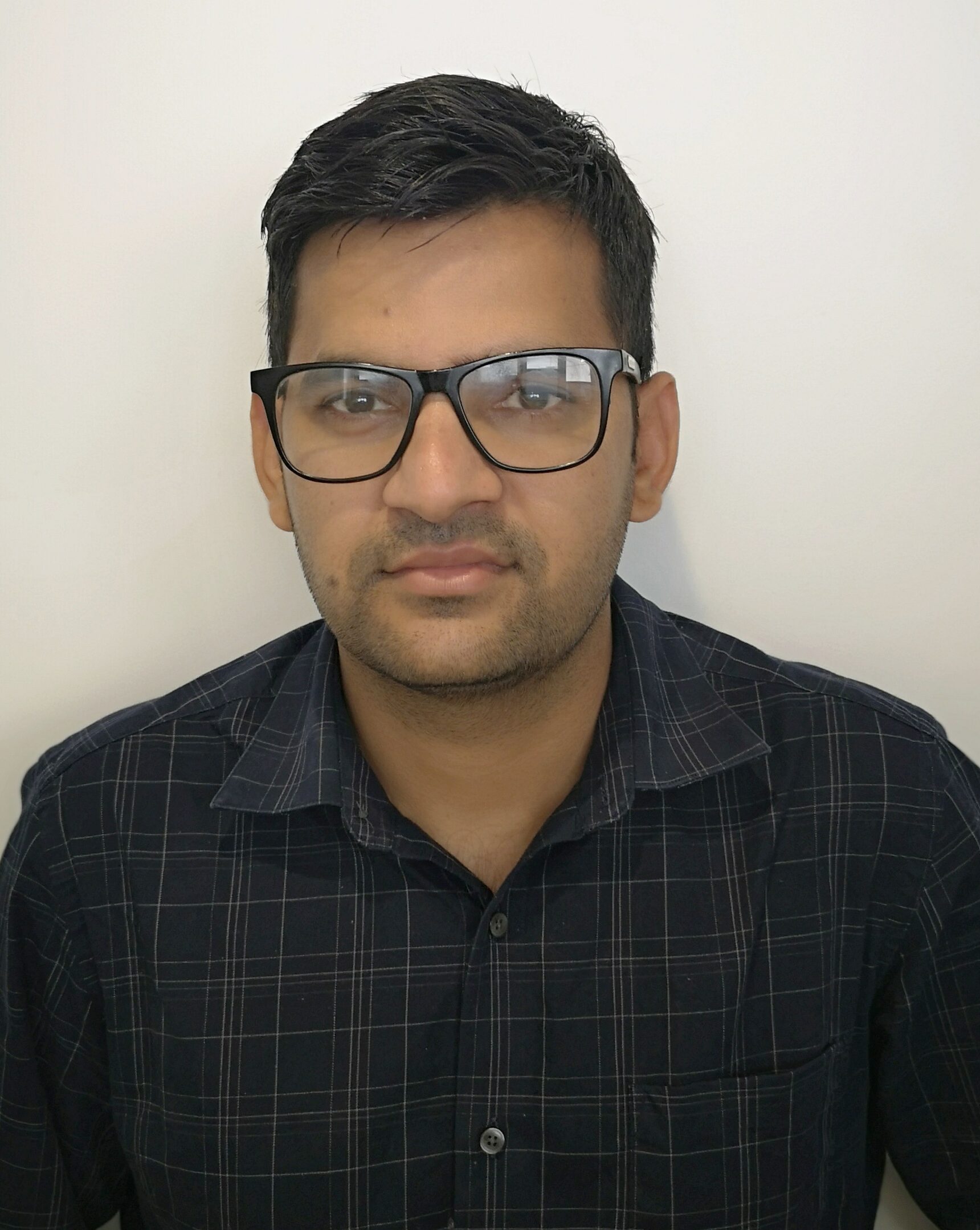MORE
Modular Open Research Platform for Digital Health: An infrastructure to foster data-driven innovation
The goal of this 15-month project (running from 2022-02-01 to 2023-04-30) is the development of a digital infrastructure for sustainable health research with a focus on the creation and implementation of studies using digital technologies. With such a central technical infrastructure, recurring challenges – for example the integration of external devices and sensors, the collection of large amounts of data from various sources (increasingly in real time), the administration of large numbers of study participants, or compatibility with current data security standards – can be efficiently dealt with.
The MORE Platform consists of two main user-facing components: (1) a web application that allows experts in application development or healthcare to define and manage studies and evaluation processes. Study or evaluation participants then receive (2) a smartphone app (see Figure 1 for an early draft) that is automatically configured when registering for a study or evaluation in such a way that it guides participants through the procedures. In doing so it enables e. g. the collection of questionnaire responses and sensor data from wearables over longer periods of time and accompanying everyday life.
The result of the project will be an open source platform that is technologically up-to-date and easy to use. In addition to academic research facilities, the outcomes will also be available to companies and other organizations for prototyping, evaluation and further development of their products and can thus be used as a core facility for future projects in Salzburg. Hereby, the project hopes to contribute to fostering development cooperations that make Salzburg stand out in the field of digital health.
The implementation of the MORE project will (1) strengthen digitization research in healthcare, (2) create a sustainable study platform that makes it possible to demonstrate the effectiveness and safety of DH innovations, and (3) offer a future-proof technology platform as a basis for research and development. In addition to the integration of current technological developments and standards, the MORE platform has a modular architecture and can be expanded so that a wide range of functionalities can be achieved whilst also remaining flexible (see Figure 2).
The implementation of the MORE platform is realized within 6 work packages over the course of 15 months. Central characteristics of the implementation are agile project management and the active involvement of the cooperation partners. The detailed requirements for the platform are worked out and evaluated in detail using defined use cases as part of an agile, stakeholder-centric development process.
The development of the MORE platform is supported by the Science and Innovation Strategy Salzburg 2025 (WISS 2025) of the state of Salzburg.
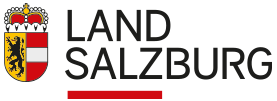
The implementation takes place in cooperation with Redlink GmbH.

The project is supported by the following organizations that intend to use the platform for their own work and contribute to the development of requirements and the platform evaluation:

Figure 1: Exemplary screenshots of a first prototype of the mobile app
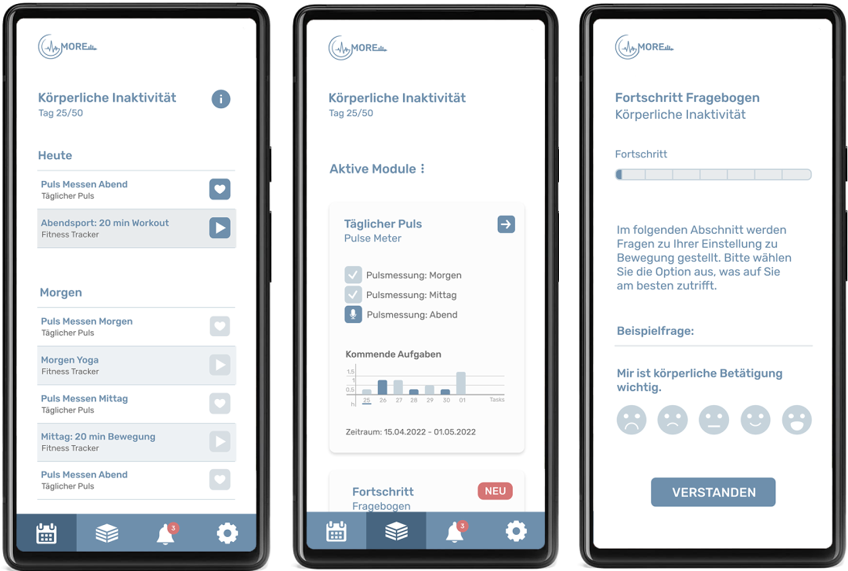
Figure 2: Components of the MORE platform: study management software (MORE-Configurator), modular configuration of studies (research modules), integration of smartphone and wearable sensors (REST API), native apps for Android or iOS for study participants (MORE-App), storage of large amounts of data (Time Series Database)
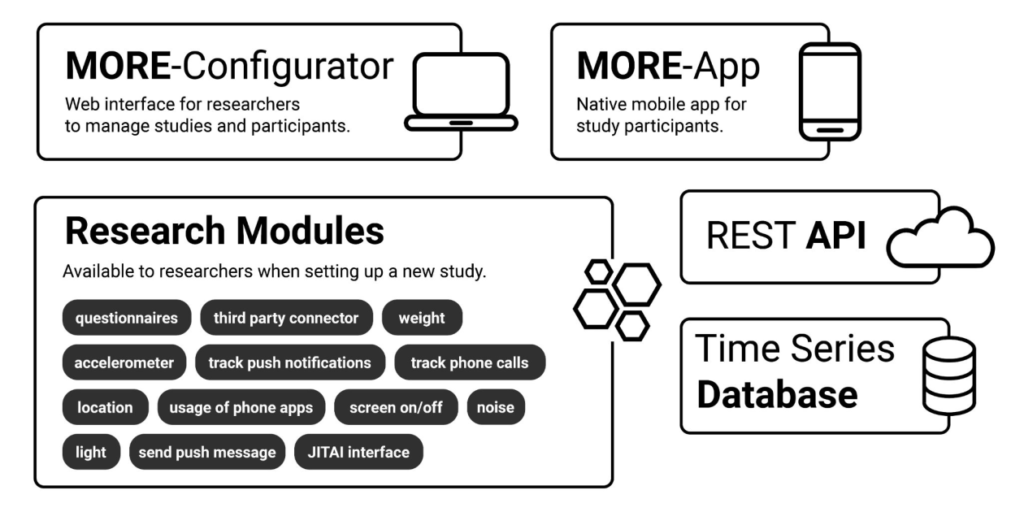
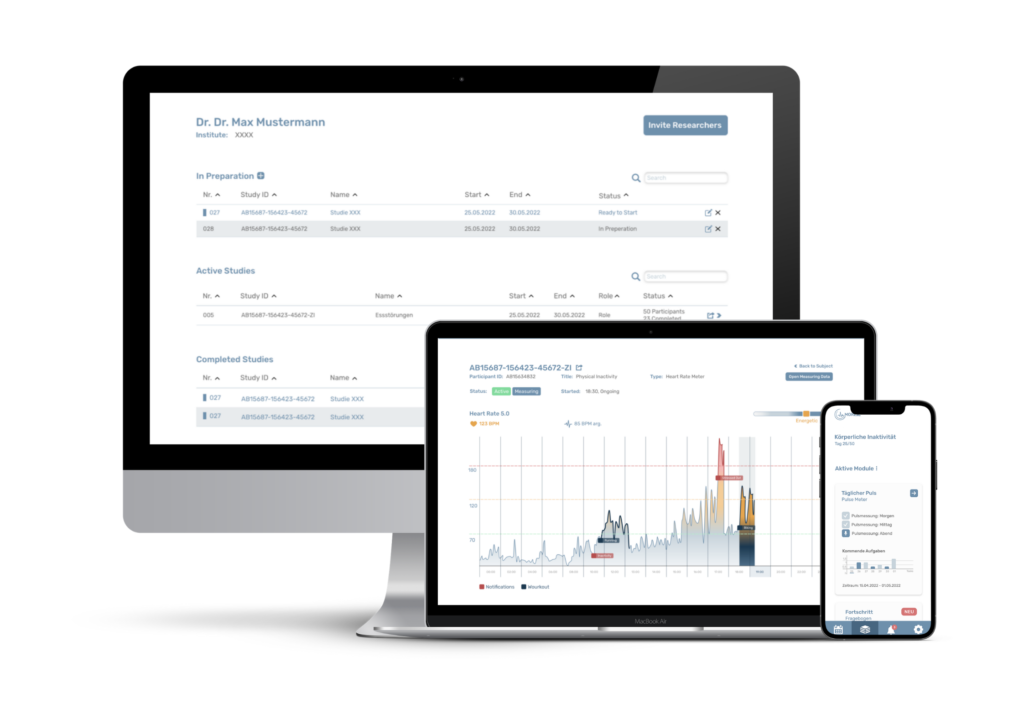
If you have any further questions, please contact us: zber@quc.yot.np.ng
For a highres version use the YouTube link below.
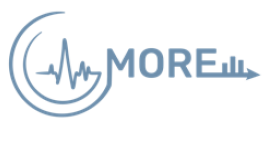
Contact Person

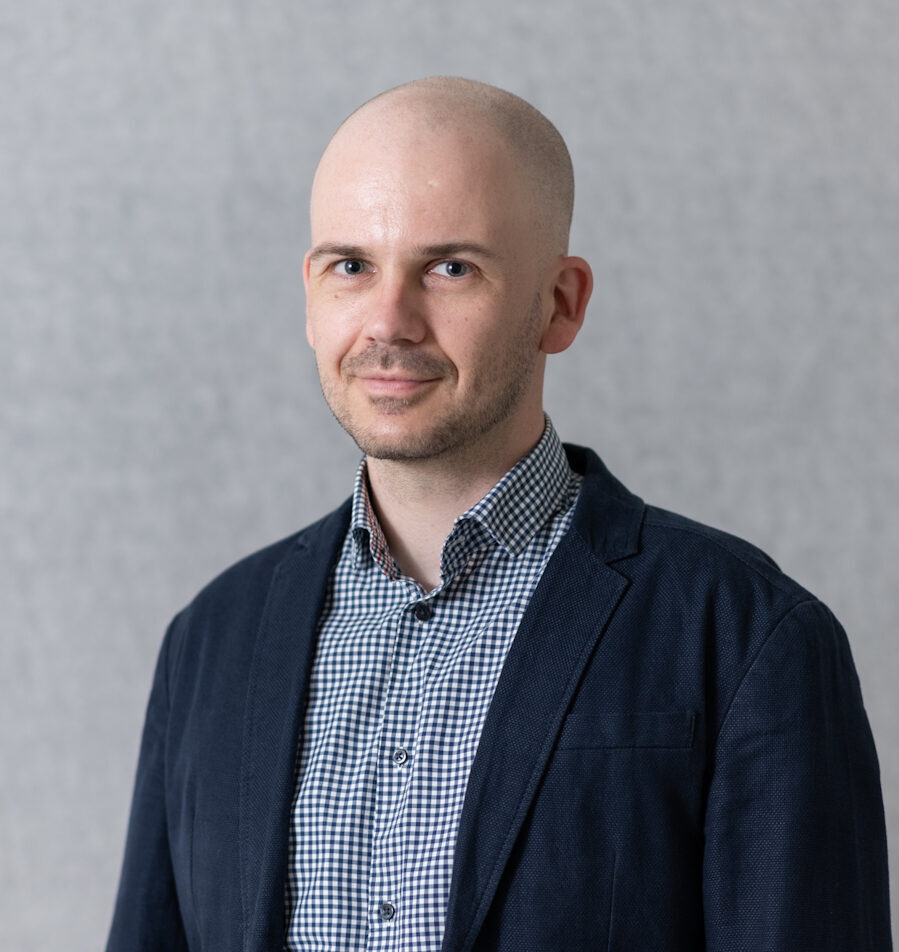
Dr.-Ing. Jan David Smeddinck, BSc, MSc
Co-Director and Principal Investigator
+43 (0) 5 7255 82711 wna.fzrqqvapx@quc.yot.np.ng